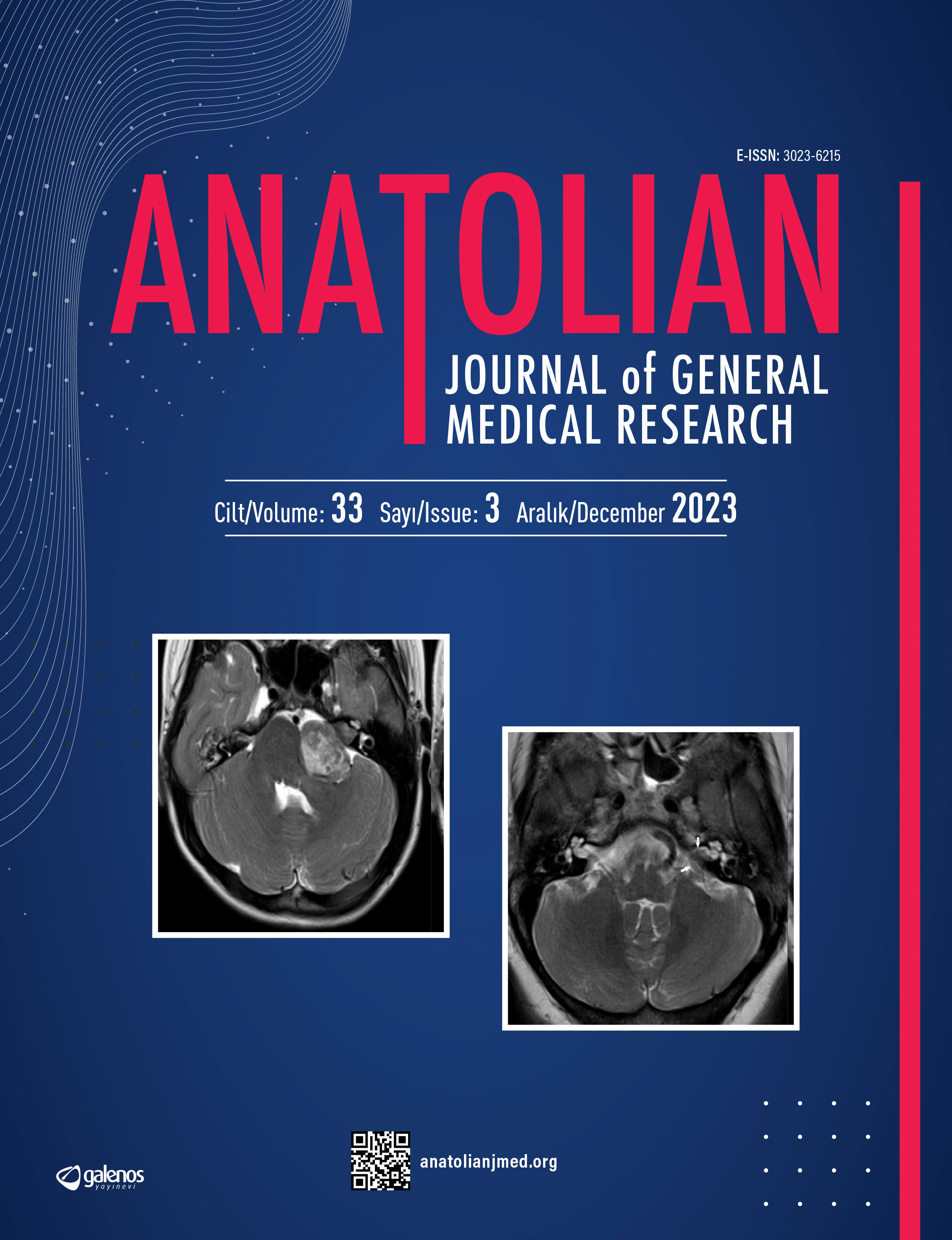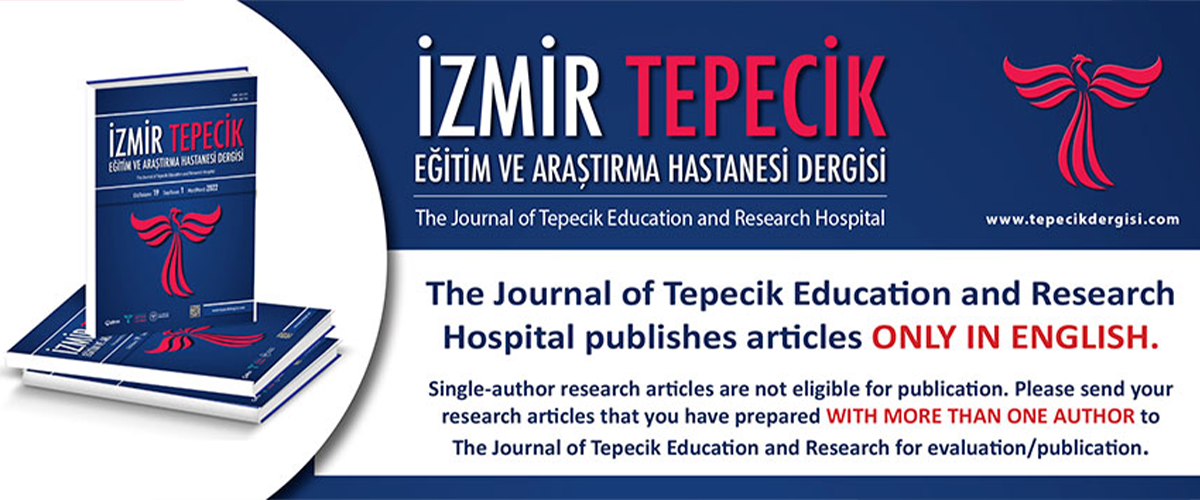








Sensory and Sensorimotor Gating in Children with Subclinical Hypothyroidism
Sibel Kocaaslan Atlı1, Nihal Olgaç Dündar2, Uğraş Erdoğan3, Nur Evirgen Esin4, Turan Onur Bayazıt5, Mehmet Cemal Kahya1, Gönül Çatlı6, Pınar Gençpınar2, Bumin Nuri Dündar61İzmir Katip Çelebi University Faculty of Medicine, Department of Biophysics, İzmir, Turkey2İzmir Katip Çelebi University Faculty of Medicine, Department of Pediatric Neurology, İzmir, Turkey
3İzmir Institute of Technology, Department of Electrical-Electronics Engineering, İzmir, Turkey
4Turkish Psychological Association, Turkey
5İstanbul Aydın University Faculty of Medicine, Department of Biophysics, İstanbul, Turkey
6İzmir Katip Çelebi University Faculty of Medicine, Department of Pediatric Endocrinology, İzmir, Turkey
Objective: Attention and learning problems have been reported in children diagnosed with subclinic hypothyroidism (SH). Sensory gating is an automatic phenomenon that is related to attentional processes. It is known that an impairment in sensory/sensorimotor gating negatively affects the signal processing mechanism and hence attention and learning processes. The aim of the present study was to evaluate the effect of SH on sensory gating processes via P50 suppression and prepulse inhibition (PPI) in children.
Methods: Fifteen children aged 8-16 years, diagnosed with SH, and 15 healthy children were included in the study. Auditory P50 suppression and PPI paradigms were applied during the recordings. P50 suppression was examined via auditory brain potentials recorded by electroencephalography. PPI was evaluated via electromyography, in which the blink reflex was recorded by oculomotor muscle activity.
Results: No statistical difference was found in P50 suppression and PPI processes between children in the SH and control groups. These findings indicate that the sensory gating processes children with SH are not affected.
Conclusion: The findings of this study show that the sensory gating processes of SH children are not affected. However, considering that brain maturation continues until the age of 20s, it may be more useful to scrutinize these processes with a wider age range and a larger number of participants to reveal more clearly how sensory gating is affected by SH.
Corresponding Author: Sibel Kocaaslan Atlı, Türkiye
Manuscript Language: English
(300 downloaded)




